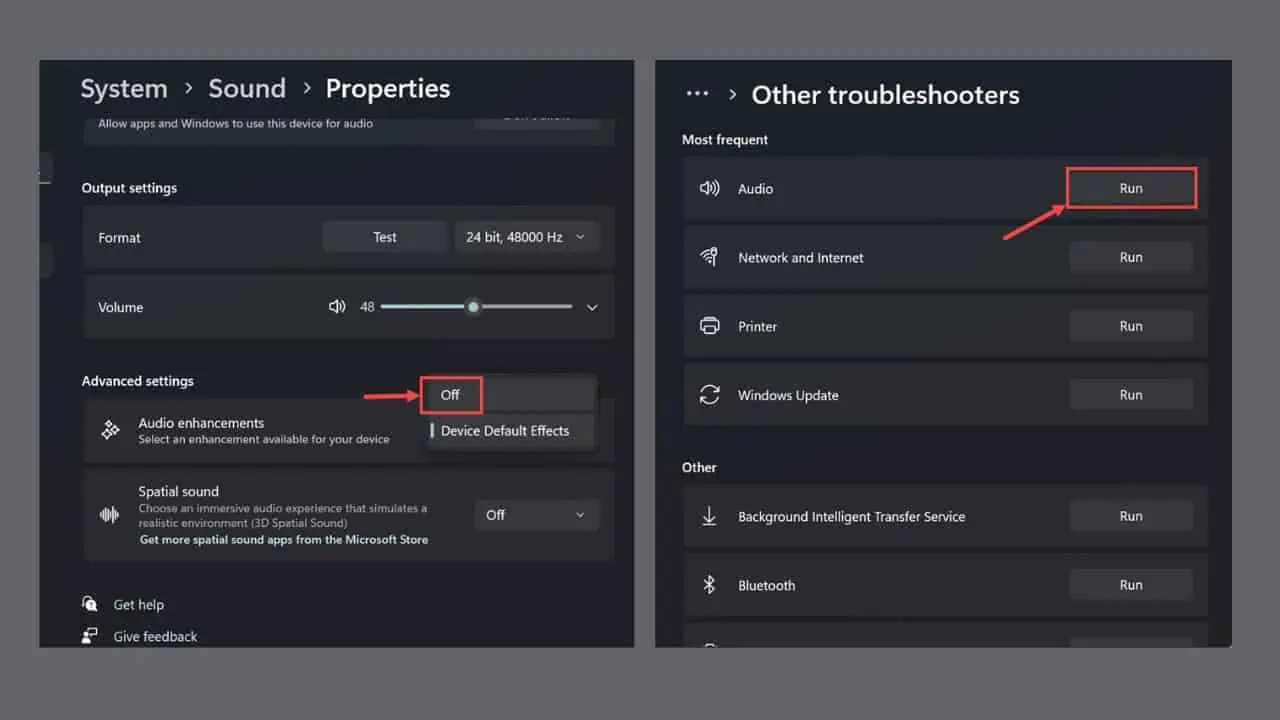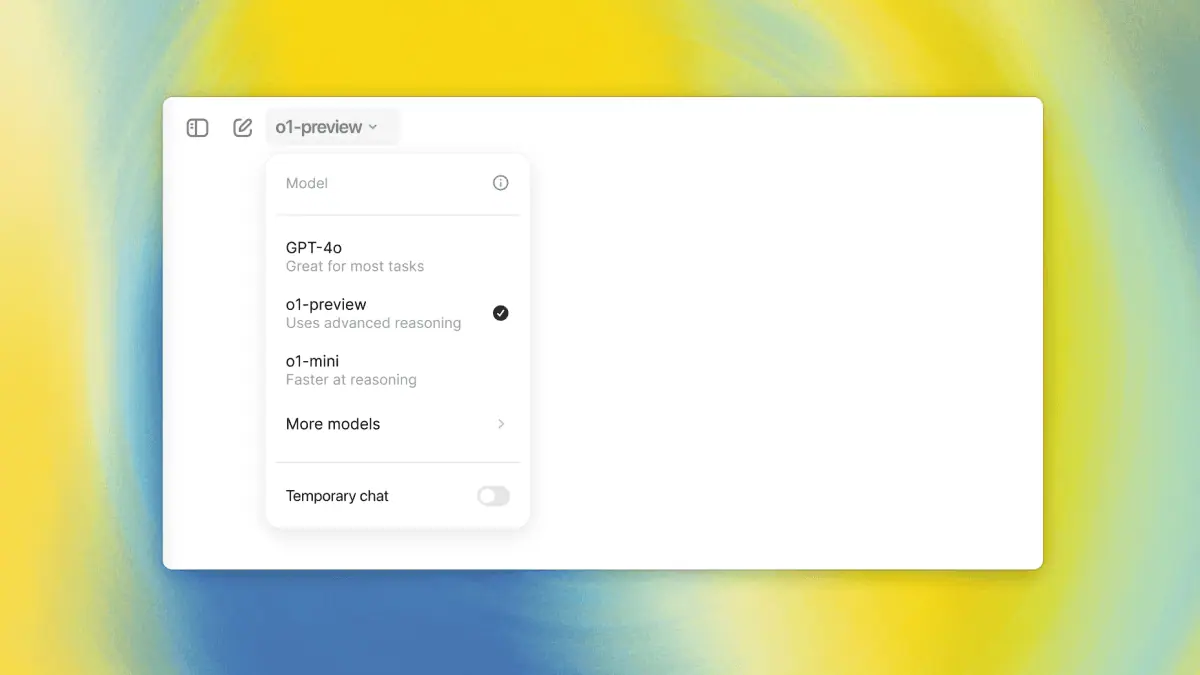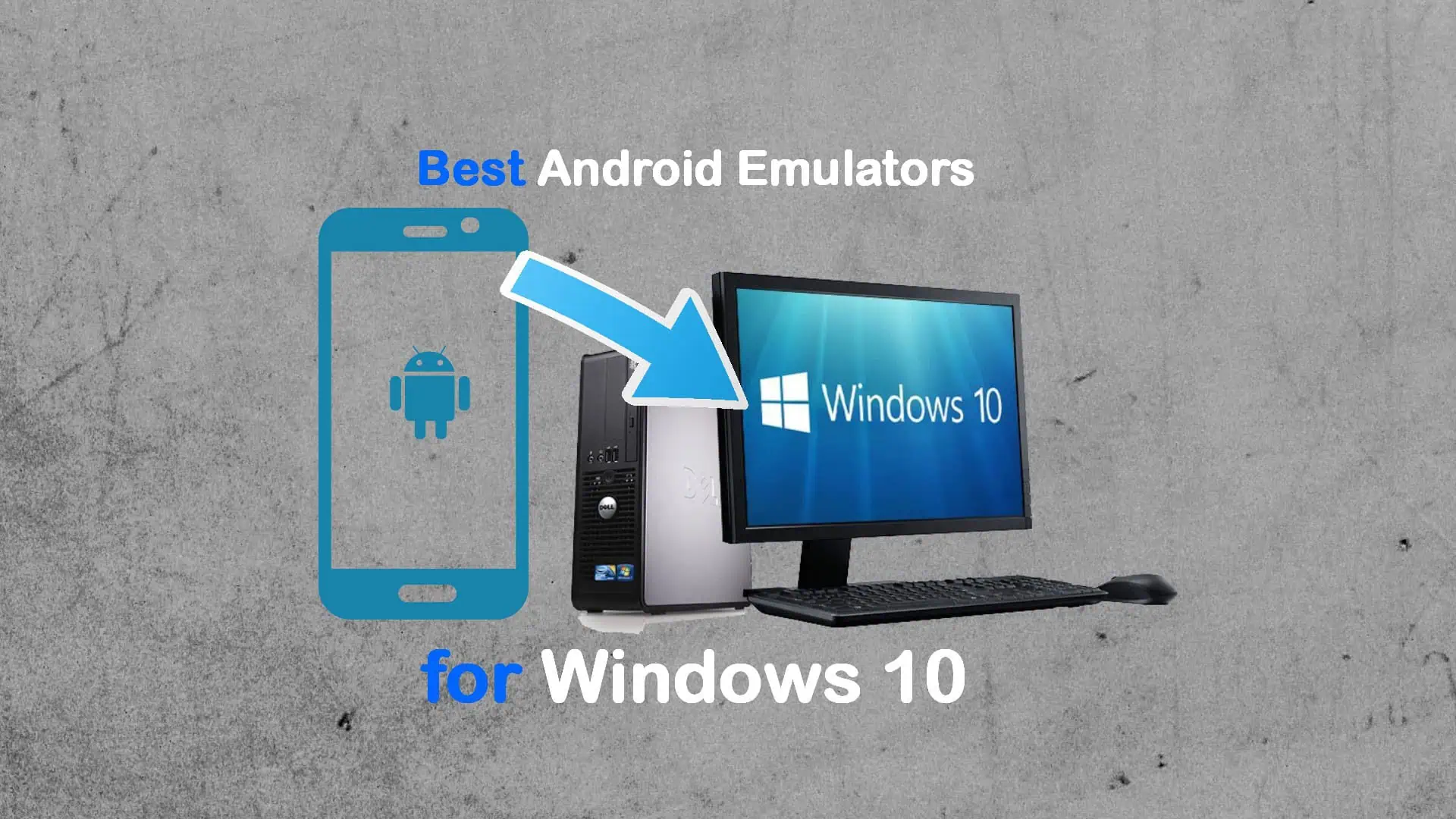Report: On Facebook, each user's data is shared with around 2.2K+ companies
2 min. read
Updated on
Read our disclosure page to find out how can you help MSPoweruser sustain the editorial team Read more

A recent study by Consumer Reports has shed light on the extent of Facebook’s data-sharing practices, revealing that the social media platform transmits user information to many external companies. This raises concerns about user privacy and the transparency of data collection practices.
Key Findings:
- The study analyzed data from 709 Facebook users and found that, on average, each user’s data was shared with 2,230 companies.
- This data sharing often occurs through server-to-server tracking, which is invisible to users and differs from traditional methods like cookies or tracking pixels.
- The companies receiving user data include a wide range of entities, including well-known retailers like Home Depot and Walmart, data brokers like LiveRamp, and less familiar organizations with cryptic names.
- Facebook offers some tools for users to manage their data-sharing preferences, but these tools have been criticized for being complex and difficult to navigate.
The study has raised concerns about the amount and type of data shared with external companies through server-to-server tracking, which often goes unnoticed. This could make users feel uneasy as they have limited control over who can access their data.
The study also suggests that Facebook needs to be more transparent about its data-sharing practices and offer better ways for users to manage their privacy settings.
Moreover, The study does not claim to represent the entire Facebook user base, as the participants were self-selected and may be more privacy-conscious than average users.
Facebook has defended its data-sharing practices, stating that it provides tools for users to manage their privacy settings and that businesses are responsible for obtaining user consent before sharing data.
The issue of data privacy is complex and multifaceted, and there is no easy solution. But all this doesn’t surprise up anymore after finding out that the new Outlook app on Windows can allow Microsoft to read emails.
In-depth details of the report are here.









User forum
0 messages